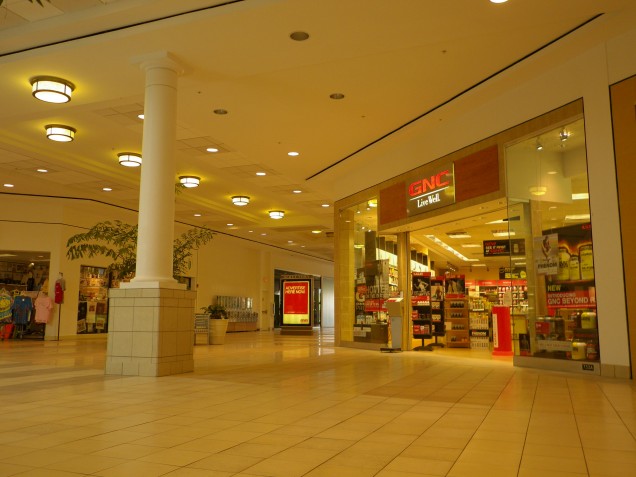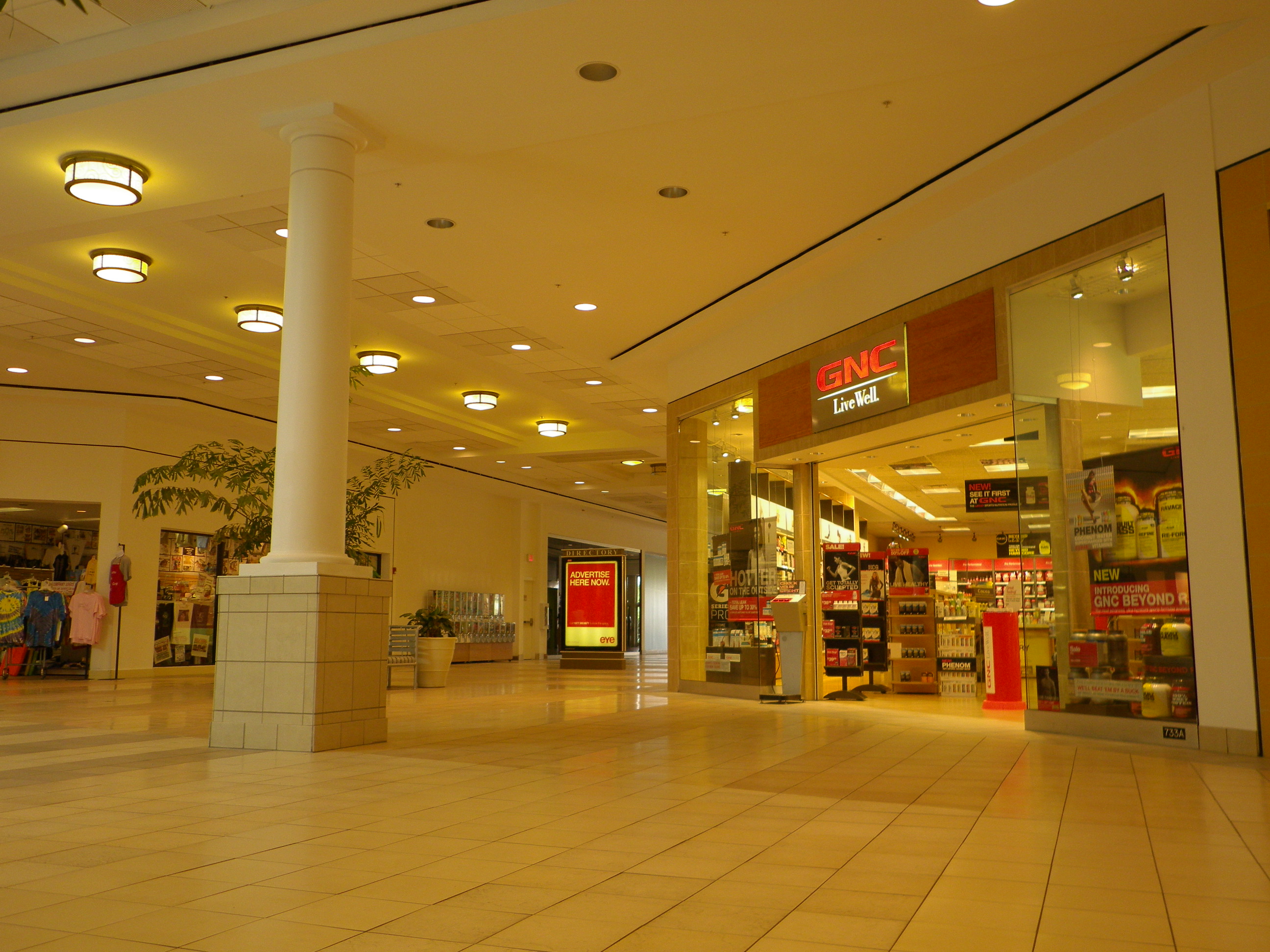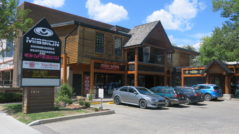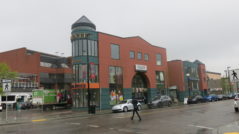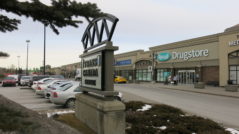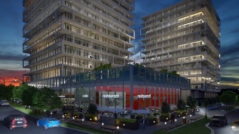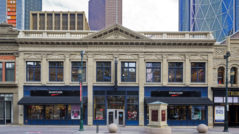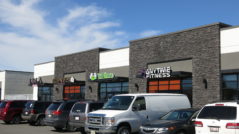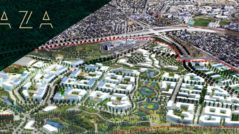Whether you’re just starting a new business or moving an existing business into a new commercial premises, always take the time to ask some key questions about the lease. The last thing any business owner wants is to get bogged down with legal hassles. Commercial leases vary considerably so make sure you pin the landlord down on these vital issues.
Top 8 Questions for a Commercial Lease
If you make sure you’re clear about the following issues, your commercial enterprise should run relatively smoothly when you have all the issues pinned down.
1. What is the Length of the Lease?
Commercial space is becoming a premium in the city of Calgary. The majority of commercial leases usually run from around 3-10 years. The most important thing to make clear is when the lease starts. The reason for this is that you want to maximize your lease because you want the space ready when you move in. You also don’t want to run into issues if renovations aren’t completed, so ensure there is a clause in the lease which spells out what the landlord will provide you with if the commercial space isn’t ready for your occupancy.
2. How is the Rent Calculated?
There are roughly 5 ways that you can pay rent. Generally, they usually incorporate some calculation involving the square footage.
1. Gross Lease – This is usually standard for office space which means you pay a fixed flat monthly rate. The landlord usually pays for the operating expenses, but it is becoming more common that separate charge are affixed for utility services.
2. Net Lease – This means in addition to the flat monthly rate you would be responsible for some or all of the property taxes.
3. Net-Net Lease – Includes the above plus the costs for insurance.
4. Net-Net-Net Lease – Usually only applicable to industrial commercial spaces where all the costs are passed onto the occupant.
5. Percentage Lease – Is commonly used for retail space in malls where the retailer is charged a fixed monthly rate plus a percentage of the gross income.
3. Ask about Rent Escalation Clause
Many landlords have a rent escalation clause which is often based on the CPI or Consumer Price Index. They may also have other escalator clauses for taxes or utility increases. If additional escalation clauses are included then you should not be responsible for the entire CPI increase but only a percentage because you would be paying twice.
4. What are Subleasing Requirements?
If you have to move before your lease expires, you may want to sub-let your premises. Make sure you understand the issues before you sign.
5. Terms of Lease Renewal
Make sure you are in agreement on a lease renewal formula and how the lease is to be renewed if you wish to continue in your location. Some leases renew automatically though most require you to renew in writing.
6. What about Landlord Insolvency?
Landlords go broke like everyone else and you need to ensure you are covered for this contingency. A proper lease should have a ‘non disturbance’ or standard ‘recognition’ clause to protect your interests in a foreclosure situation.
7. What is the Insurance Responsibility?
Make sure your clear about who is responsible for insurance and what coverage is provided by the landlord and what you require to protect your business. It is best to use an experienced insurance agent to review what the building covers and what you need.
Be very clear about who is responsible for utilities, taxes, and building services. Improvements are one of the biggest areas which can be open to negotiation.
Photo by dno1976b

